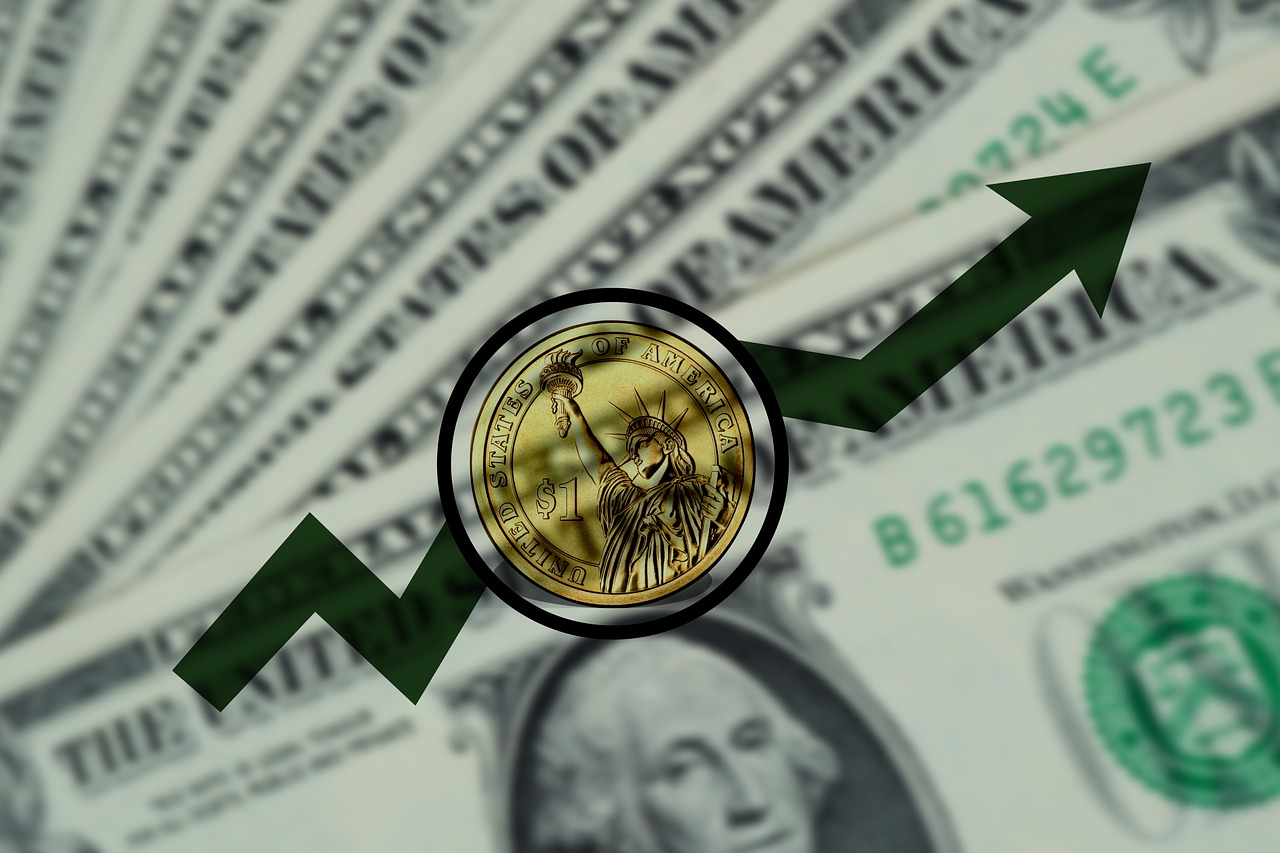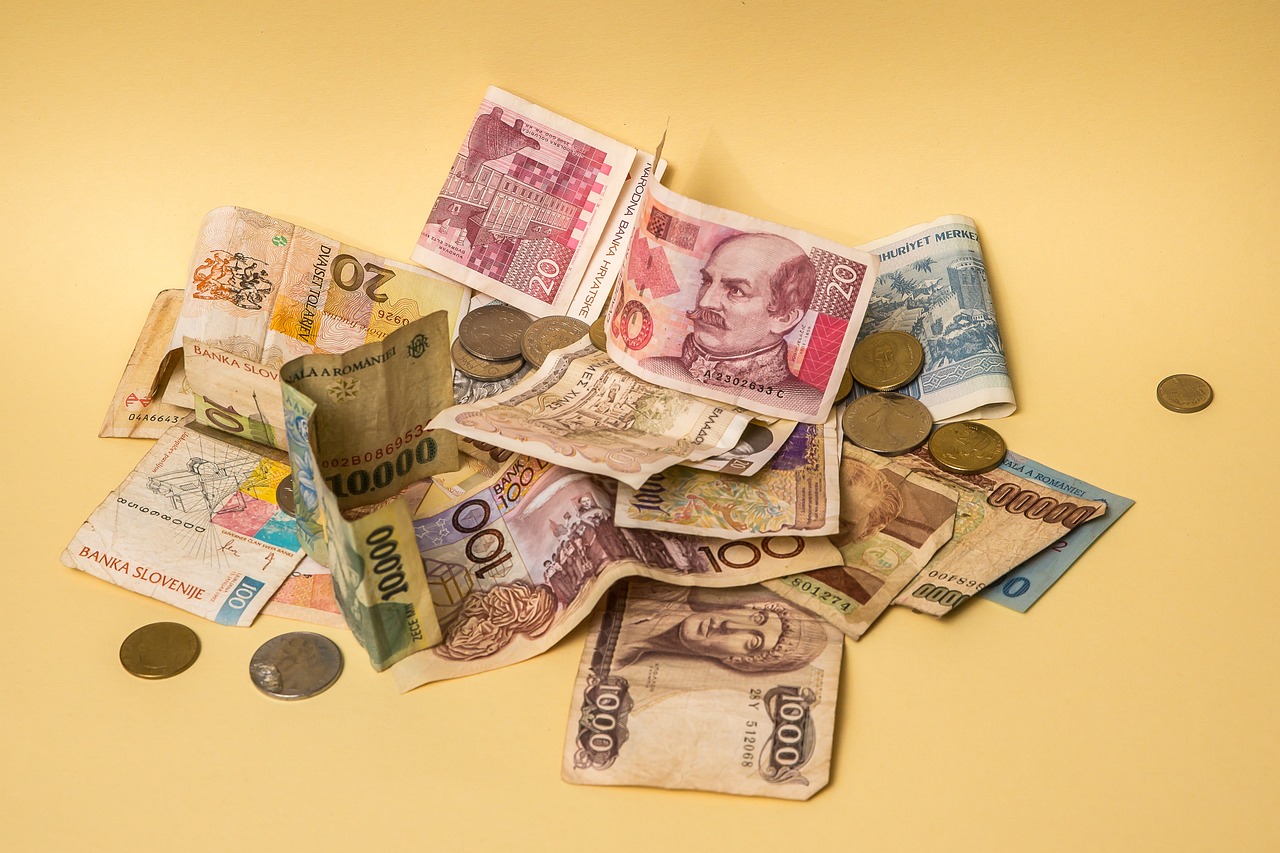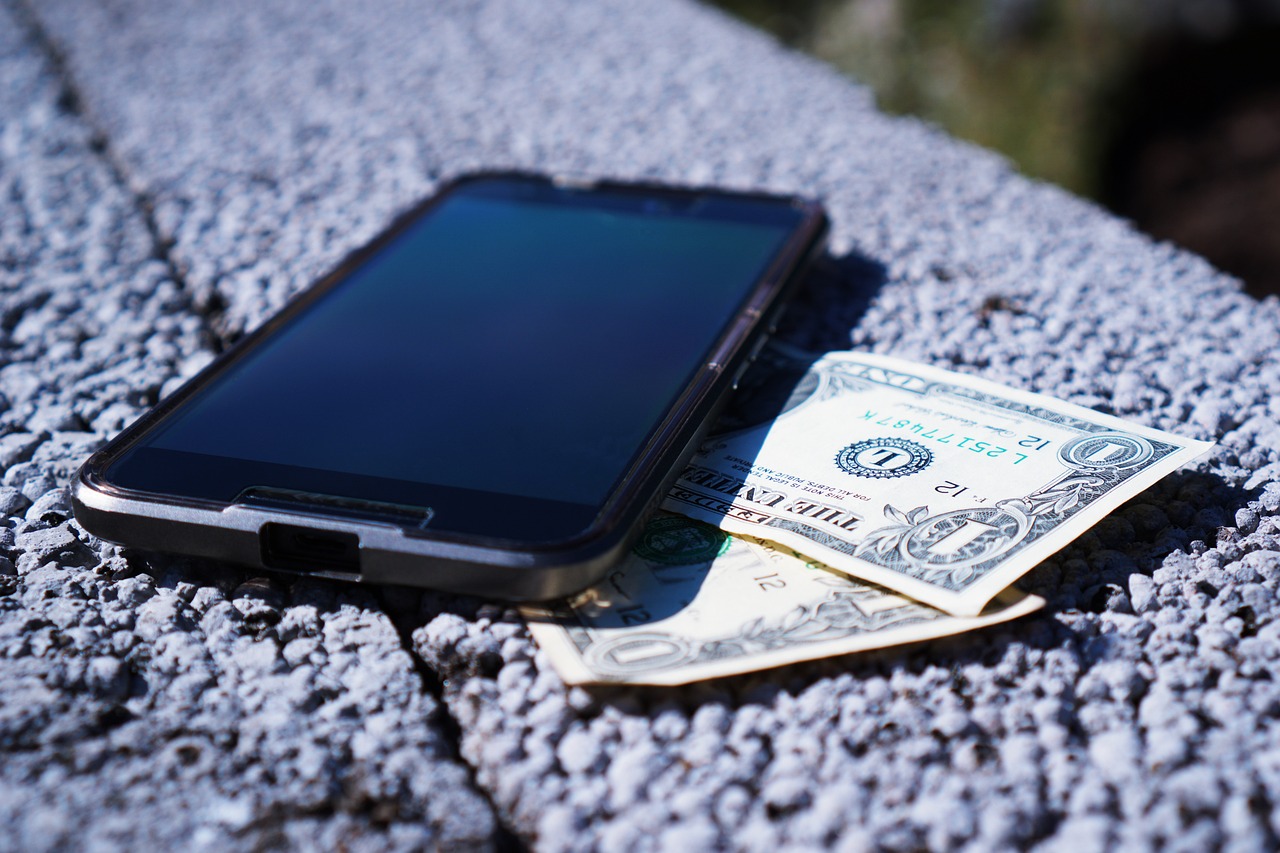Sending Money from the US to China: Limits, Security, Taxes, and Regulations Explained
GPT_Global - 2025-09-26 23:00:47.0 798
Can I send money from the US to China using Venmo or Cash App?
When it comes to sending money internationally, many people wonder if platforms like Venmo or Cash App can be used to transfer funds from the US to China. Unfortunately, neither Venmo nor Cash App currently supports international transfers. These apps are primarily designed for domestic payments, making them unsuitable for cross-border remittance to countries like China.
For individuals looking to send money to China, alternative methods like PayPal, Western Union, or specialized remittance services like TransferWise (now Wise) are better options. These platforms offer secure, fast, and cost-effective international money transfer services, allowing you to send money to China with ease.
While Venmo and Cash App are convenient for domestic transfers, for international transactions, especially to countries like China, it's important to choose platforms that support foreign currency transfers. This ensures a smooth and efficient process for sending money abroad.

Are there any special regulations for sending money to China for business purposes?
Sending money to China for business purposes requires adherence to specific regulations due to the country’s strict financial control policies. As a remittance business, it’s essential to stay informed about these rules to ensure smooth transactions.
One key regulation involves the foreign exchange controls in China. The Chinese government monitors all foreign currency transactions and places limits on the amount of money that can be transferred in and out of the country. Typically, businesses need to provide a valid reason for the transaction, such as paying for goods, services, or investments. Additionally, the company must ensure that the recipient has the necessary registration and legal documentation to receive international transfers.
Furthermore, remittance services must be licensed and comply with the Anti-Money Laundering (AML) laws. This includes verifying the sender’s identity and ensuring that the transaction doesn’t involve any illicit activities. Therefore, it’s crucial to work with a reliable, regulated remittance provider to avoid penalties or delays.
Lastly, businesses must ensure they’re compliant with the latest tax regulations regarding international money transfers to avoid potential audits or fines. Always consult with a local expert for up-to-date information on these regulations.
What’s the maximum amount I can transfer to China from the US?
When sending money from the US to China, understanding the maximum transfer limits is crucial. Generally, remittance services allow transfers of up to $10,000 per transaction without triggering special reporting requirements. However, for transfers exceeding this amount, financial institutions are required to report the transaction to the U.S. government.
Keep in mind that the exact limit may vary based on the method you choose for transferring funds, such as bank wire transfers, online services, or money transfer agents. Each service provider may have its own set of rules, and factors such as the recipient’s location or account type could influence the maximum transferable amount.
In China, there are also limits to how much money can be received or deposited from foreign sources. These limits are subject to China’s foreign exchange regulations and can vary depending on the recipient’s bank and account type. If you’re planning a large transfer, be sure to check with your remittance service provider for any additional restrictions or fees.
To ensure a smooth transaction, it's recommended to review the specific terms of your remittance provider and stay informed about any regulatory changes that might affect your transfer limits.
Are there tax implications when transferring money from the US to China?
Transferring money from the United States to China is common for individuals and businesses alike. However, many people are unaware of the tax implications involved in such transactions. Understanding these implications can help avoid any unforeseen costs and ensure compliance with both U.S. and Chinese regulations.
When sending money internationally, U.S. citizens should be aware that large transfers may trigger reporting requirements under the IRS guidelines. For transfers over $10,000, financial institutions must file a Report of International Transportation of Currency or Monetary Instruments (CMIR). While this isn’t necessarily a tax, it is an important legal requirement.
In China, the recipient may not be taxed on personal remittances, but business-related payments could be subject to tax obligations. The Chinese government often imposes taxes on foreign income, depending on the type of transaction and the amount. It's crucial to understand that these rules can change, so staying updated on regulations is key.
Overall, while personal remittances may not face direct taxation, both the sender and recipient should be mindful of reporting requirements and local laws to avoid complications. If you’re unsure about the process, consulting with a financial advisor or tax professional is always recommended.
Can I send money to China directly to a recipient's mobile phone?
Sending money internationally has become easier than ever, and many people are wondering whether they can send funds directly to a recipient's mobile phone in China. The answer is yes! Modern remittance services enable individuals to send money to China instantly through mobile wallets, offering a seamless and secure way to transfer funds.
In China, mobile payment platforms like Alipay and WeChat Pay are widely used, and many remittance services support these platforms. By linking the recipient's mobile number to their mobile wallet, funds can be transferred quickly without the need for a bank account. This method is particularly convenient, as mobile phones are ubiquitous in China, allowing recipients to access their money anytime, anywhere.
Several remittance providers, such as PayPal, Western Union, and specialized mobile transfer apps, allow you to send money directly to these mobile platforms. However, it's important to check the fees, exchange rates, and delivery times for each service to ensure you're getting the best deal.
Overall, sending money to China via a recipient’s mobile phone is an efficient and convenient option, allowing individuals to access funds with ease. It’s a great choice for those looking for quick and reliable international transfers.
Is there a limit on how often I can transfer money to China from the US?
Here’s a draft SEO article based on your topic: If you are sending money from the US to China, you might wonder whether there is a limit on how often you can make transfers. The good news is that most US remittance services do not restrict the number of times you can send money. This means you can transfer funds as frequently as you need, whether for family support, business purposes, or personal expenses. However, each transaction must comply with federal regulations and reporting requirements. In China, the recipient may face some restrictions depending on the amount they receive annually. For personal remittances, Chinese regulations often monitor cumulative incoming funds to ensure compliance with anti-money laundering policies. Still, the frequency of transfers from the US is generally not capped. Instead, what matters most is the total value sent and the transparency of the transaction. To make the process smoother, it’s best to use trusted money transfer services that provide clear guidelines on limits, fees, and delivery times. By doing so, you can avoid delays, ensure compliance with US and Chinese regulations, and guarantee your money reaches its destination safely.How do I ensure my money transfer to China is secure?
When sending money to China, ensuring the security of your transfer is crucial. The first step is to choose a reliable remittance service with a strong reputation for safeguarding transactions. Look for companies that use encryption technology and have a secure online platform.
Next, make sure the remittance service is regulated by appropriate financial authorities, which guarantees their adherence to safety and legal standards. Services such as SWIFT and PayPal are widely recognized for their secure transfer processes.
Double-check the recipient’s details to avoid errors that could lead to fraud or lost funds. Always confirm the recipient's bank account or mobile payment number.
Lastly, avoid transferring large amounts of money through unsecured methods, such as cash or informal channels. Opt for a service that offers tracking and provides you with a receipt for each transaction. This way, you’ll be able to monitor the progress and ensure the money reaches the intended recipient safely.
By following these tips, you can ensure that your money transfer to China is both secure and reliable.
About Panda Remit
Panda Remit is committed to providing global users with more convenient, safe, reliable, and affordable online cross-border remittance services。
International remittance services from more than 30 countries/regions around the world are now available: including Japan, Hong Kong, Europe, the United States, Australia, and other markets, and are recognized and trusted by millions of users around the world.
Visit Panda Remit Official Website or Download PandaRemit App, to learn more about remittance info.



